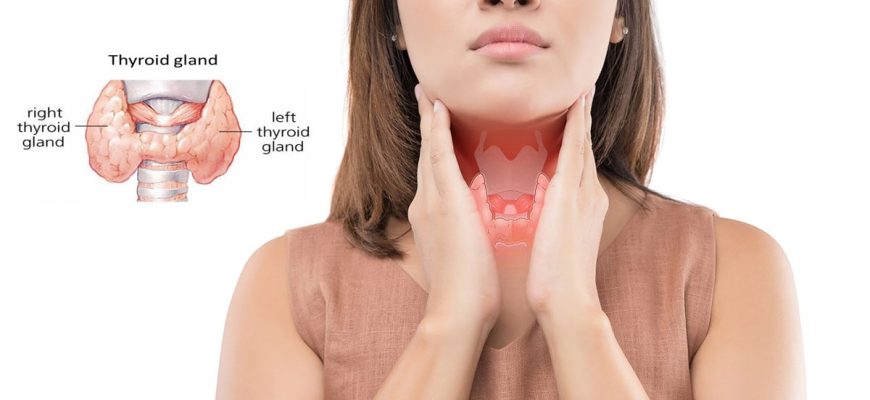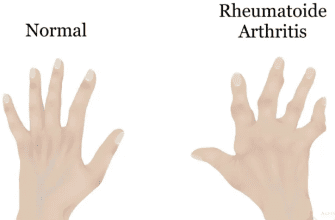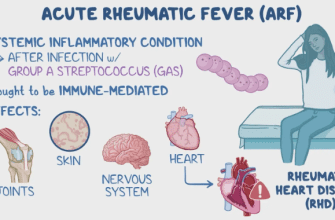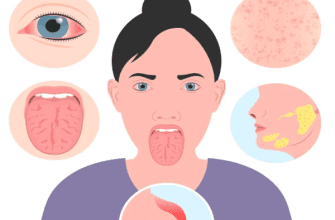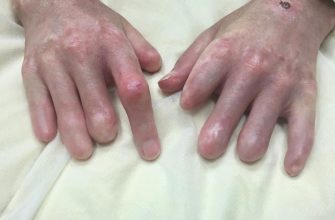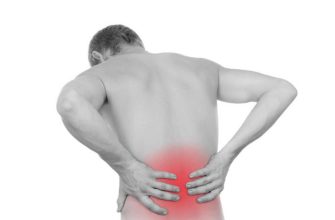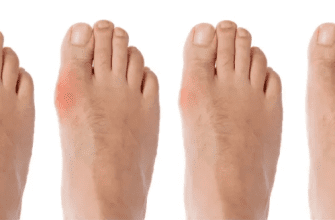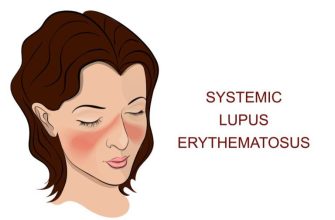Contents
1. Etiology
Hypothyroidism – syndrome caused by insufficient thyroid hormone production (T3, T4).
Main causes:
- Hashimoto’s thyroiditis (autoimmune, 90% cases).
- Thyroid surgery/radioiodine therapy.
- Iodine deficiency (endemic goiter).
- Congenital hypothyroidism (cretinism).
- Medication side effects (lithium, amiodarone).
2. Symptoms
Classic signs:
- Weight gain despite poor appetite.
- Fatigue, drowsiness, depression.
- Dry skin, brittle hair/nails.
- Cold intolerance.
- Constipation, facial/limb swelling.
Additional:
- Hoarseness.
- Menstrual irregularities.
- Bradycardia (<60 bpm).
- High cholesterol.
3. Diagnosis
- Blood tests:
- TSH (elevated – key marker).
- Free T4 (low).
- Anti-TPO antibodies (for Hashimoto’s).
- Thyroid ultrasound (size, structure).
- Other tests:
- Lipid profile (high cholesterol).
- ECG (bradycardia).
4. Treatment
Hormone replacement:
- Levothyroxine (Synthroid) – synthetic T4.
- Taken morning on empty stomach, 30 min before food.
- Dose tailored individually (usually 1.6 mcg/kg).
Monitoring:
- Check TSH every 6-12 weeks until stable.
- Then 1-2 times/year.
5. Prevention
- Iodine supplementation in deficient areas (iodized salt).
- Post-surgery/radiation thyroid monitoring.
- Newborn screening (TSH test on day 4-5 of life).
6. When to See a Doctor?
- Persistent fatigue + weight gain.
- Swelling, dry skin, hair loss.
- Treatment-resistant depression.
- Pregnancy (hypothyroidism harms fetal development).
7. Prevention Tips
- Use iodized salt (but avoid excess).
- Don’t self-prescribe iodine supplements.
- Regular TSH checks after age 40.
